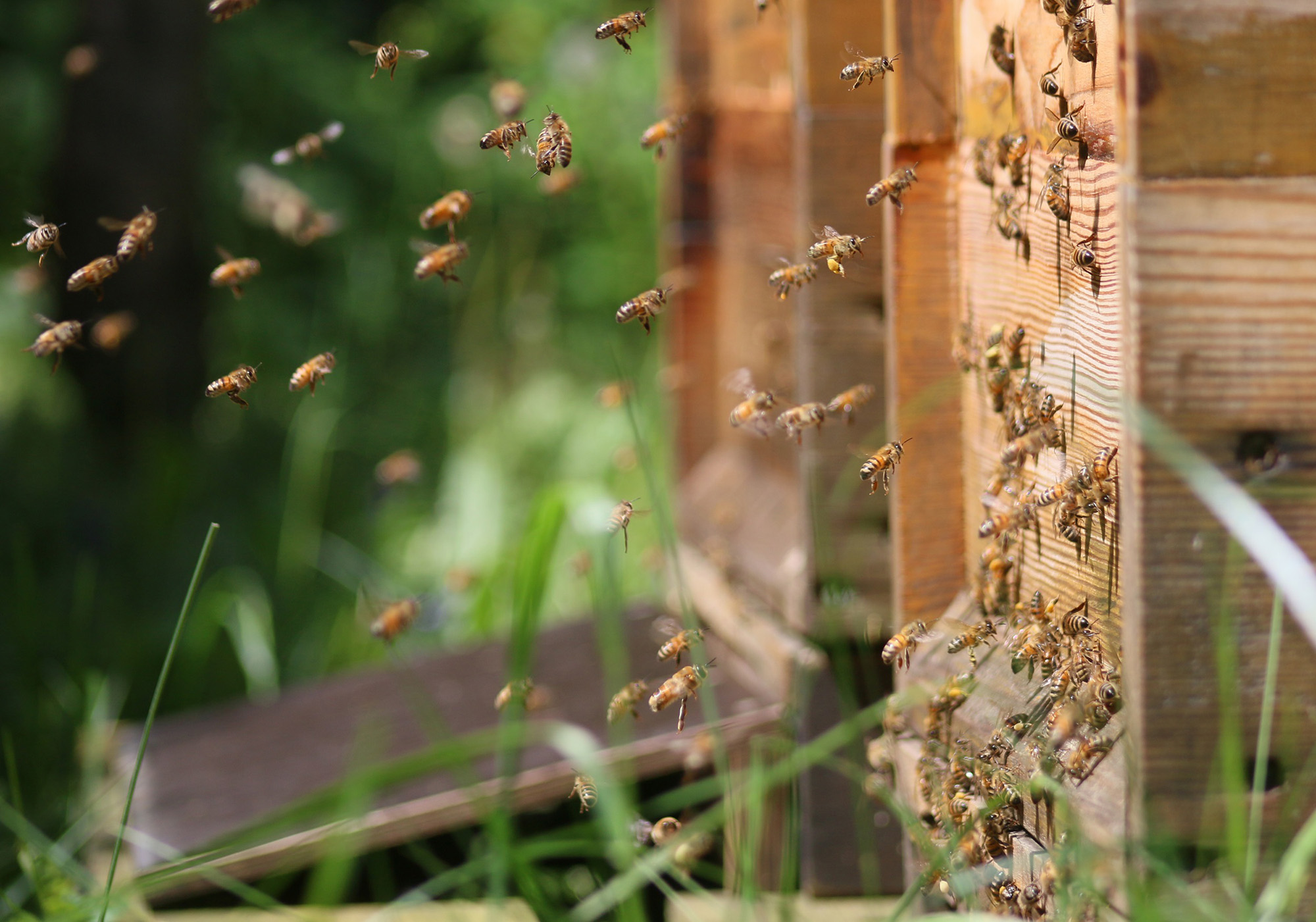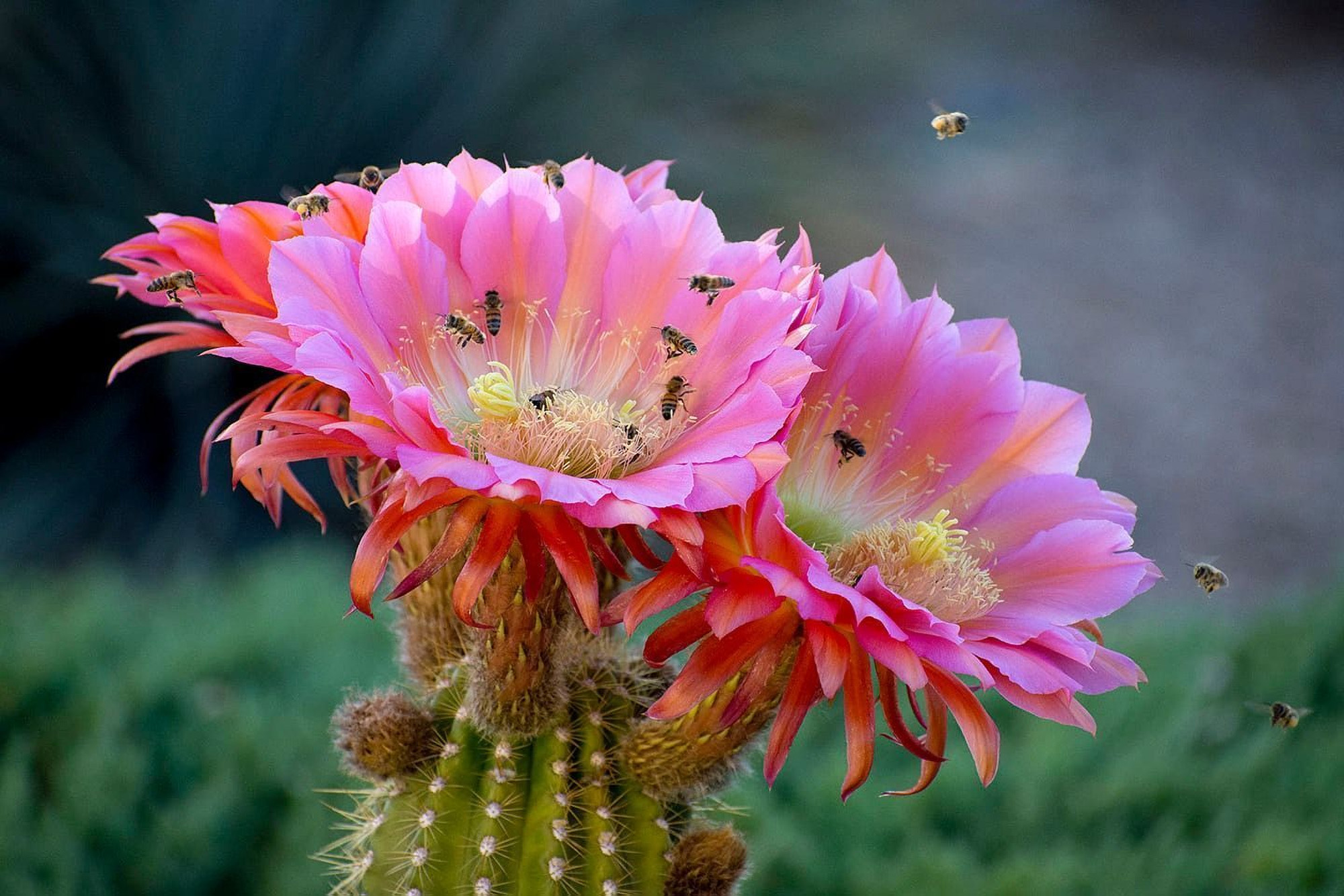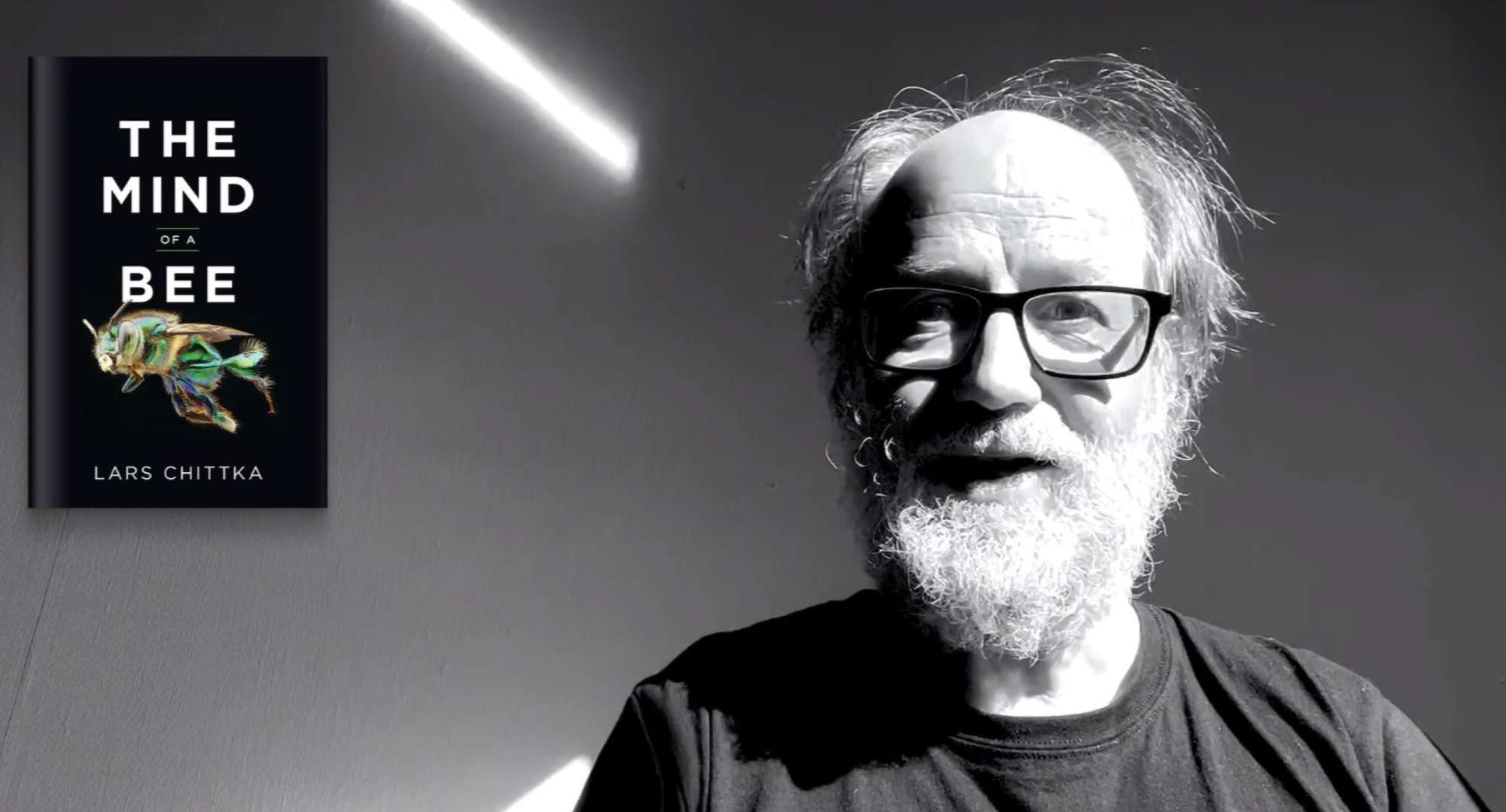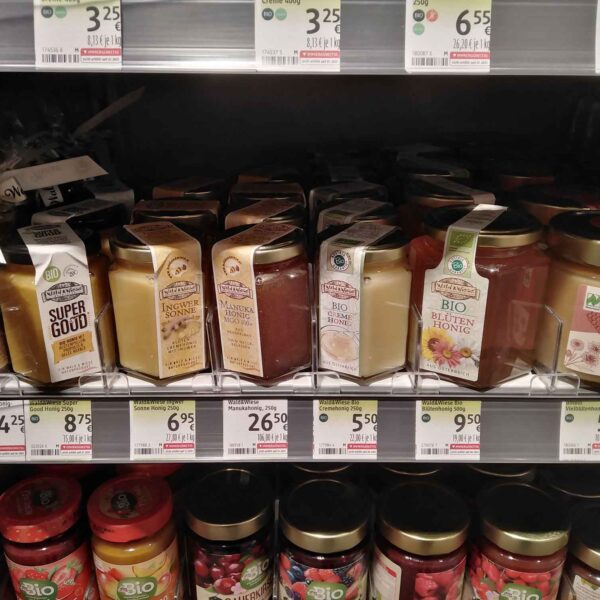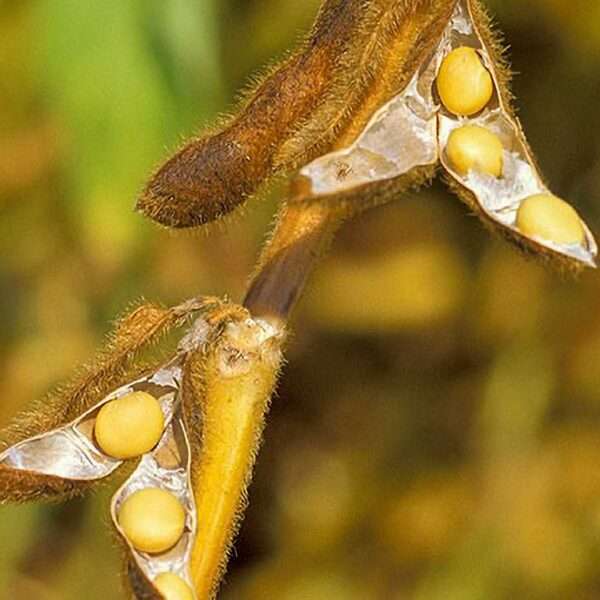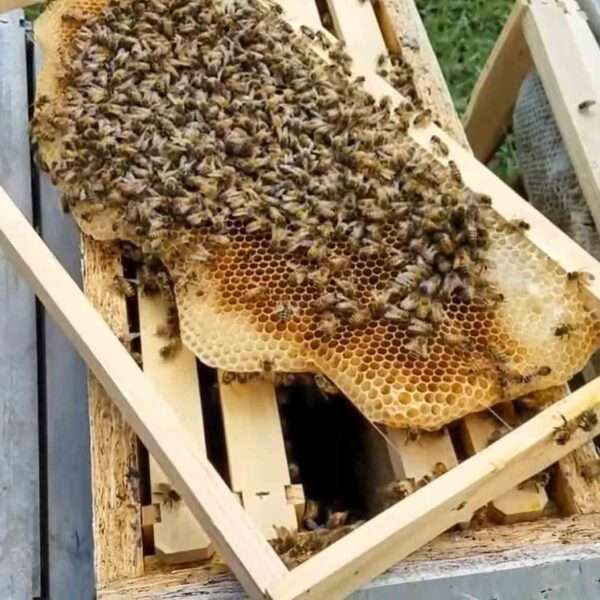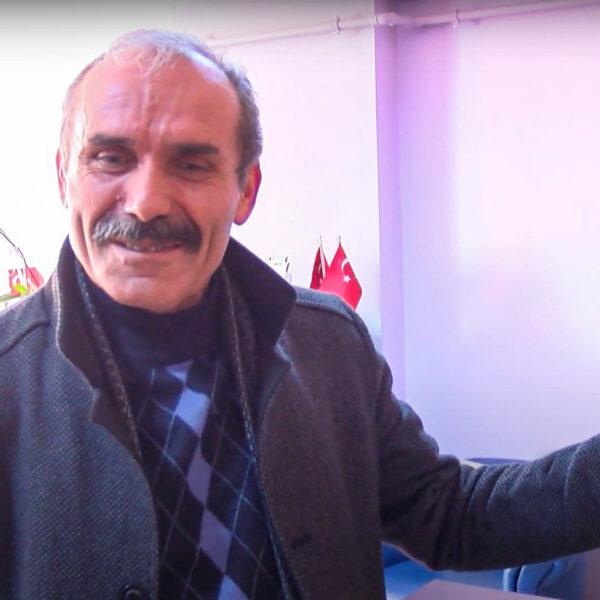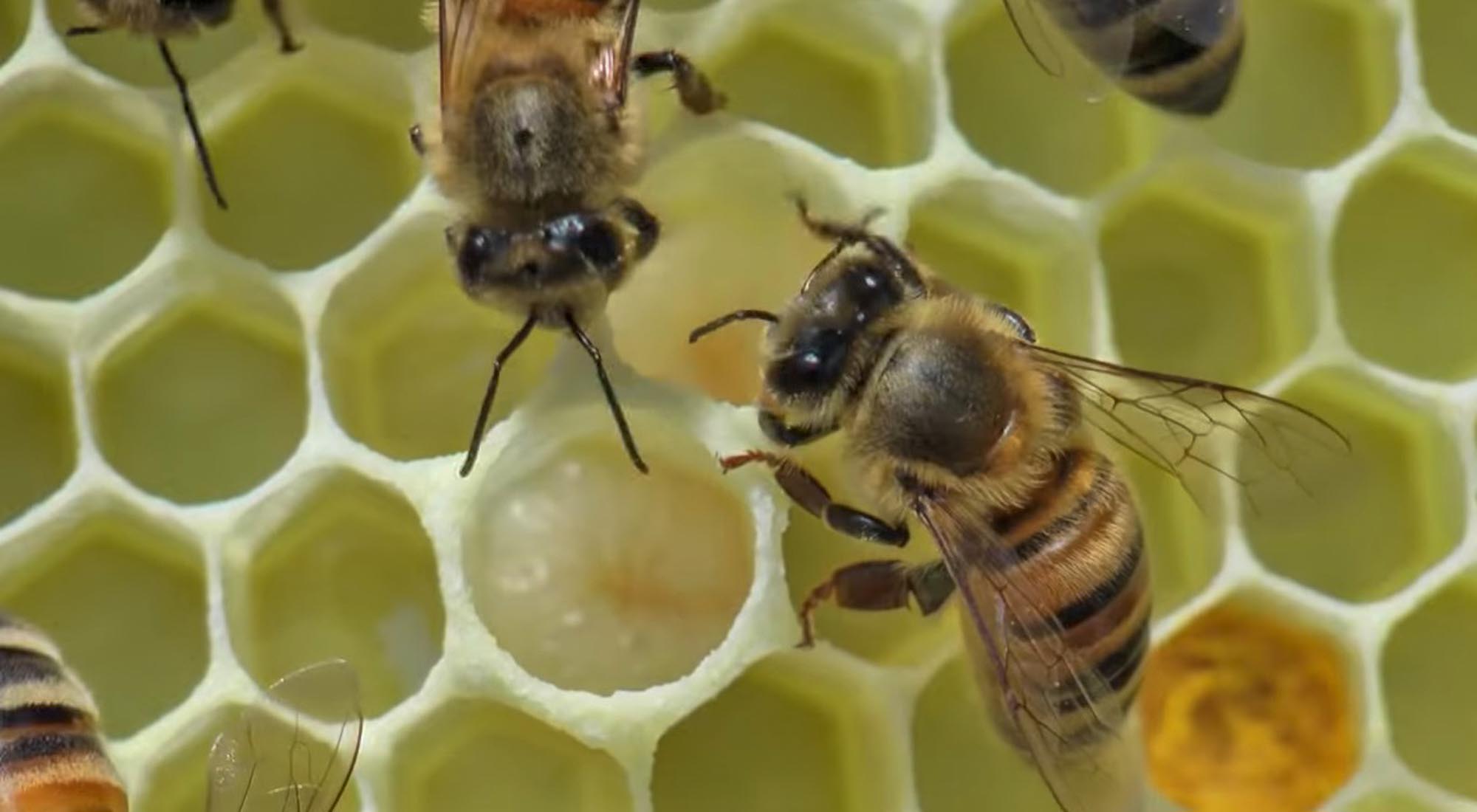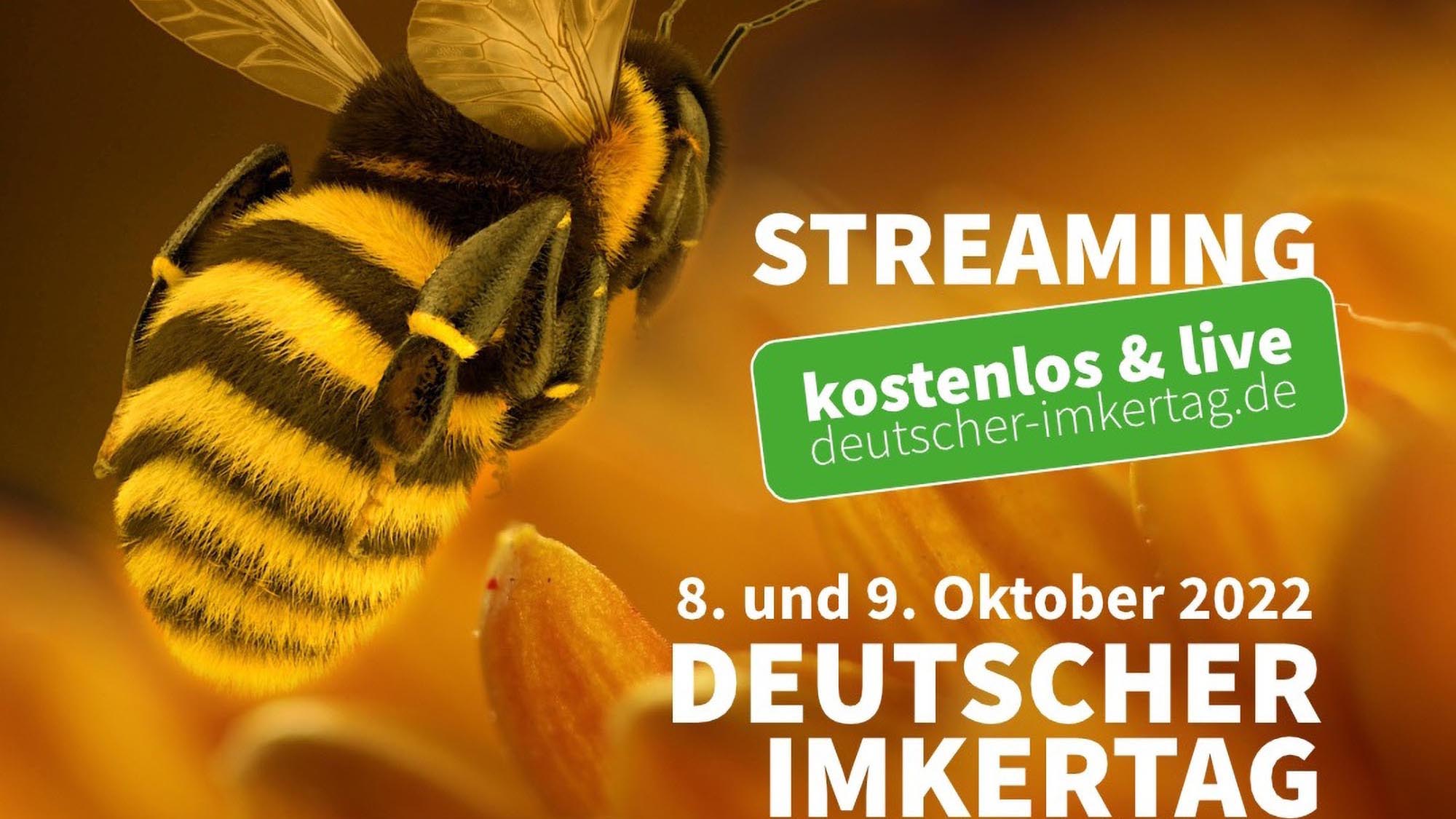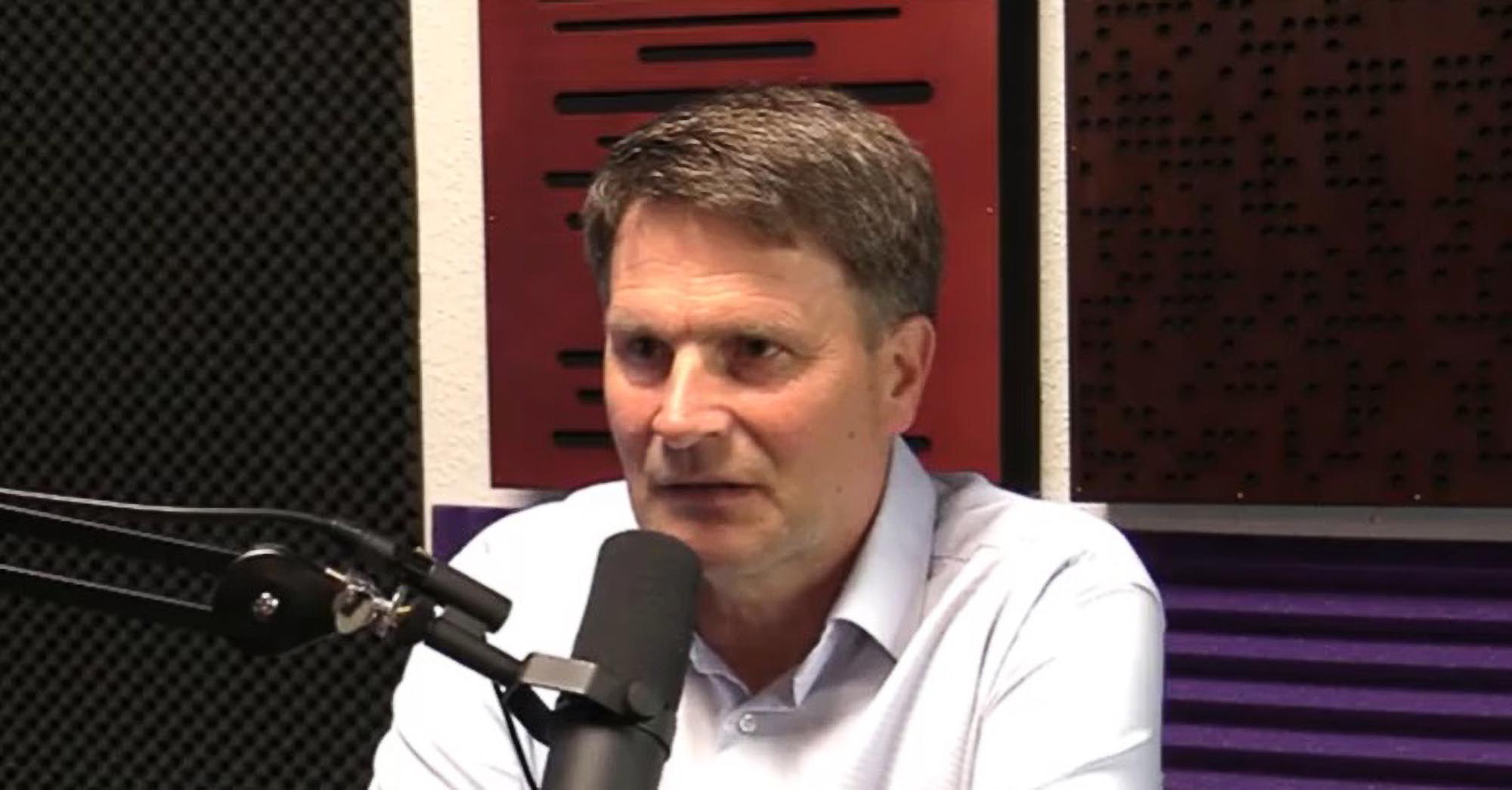A respected ecologist has outlined his pollinator nutrition research strategy after achieving weight gains for his bees by feeding them protein-packed dough.
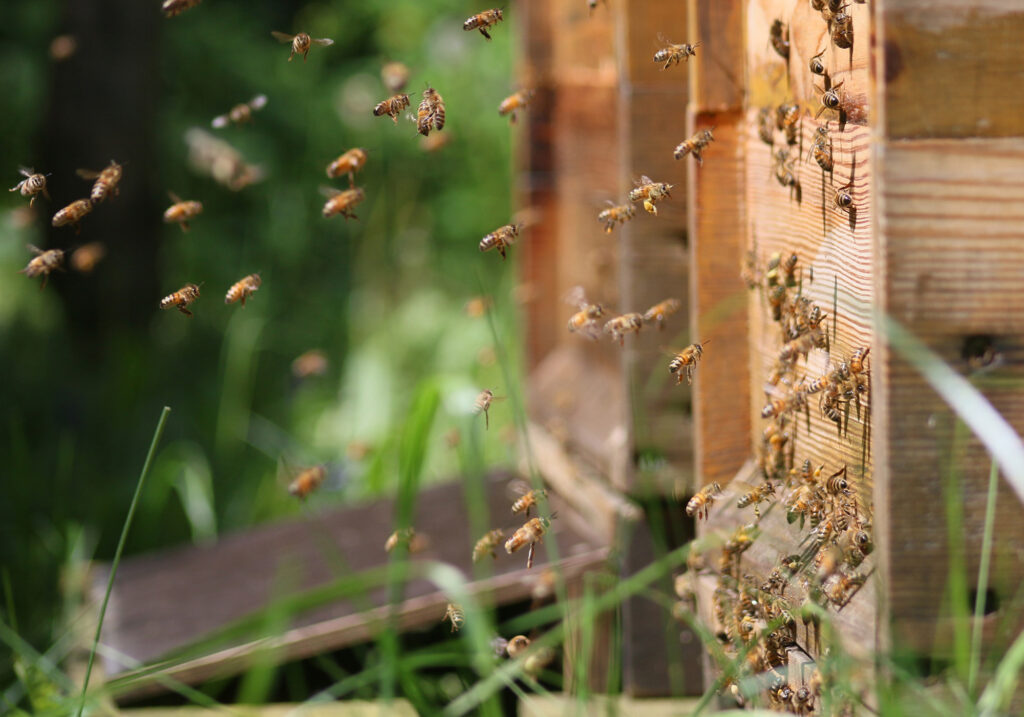
Miklos Sörfözö, an ecologist and agricultural scientist from Hungary, said he was trying to create a food substitute for honeybees to compensate for any potential lack of pollen.
Miklos’ creations feature different amounts of proteins, amino acids and vitamins.
Biologist Janine Fritsch from the German Union of Professional Beekeepers explained: “The fat body of the bees is the organ apiarists must pep up and care for.”
Miklos provided different colonies with his concoctions to determine the impact of the different mixtures on the size of the pollinators’ bodies.
He explained: “It was important to test the pollen substitute on the bees to find out if there is a noticeable effect.“
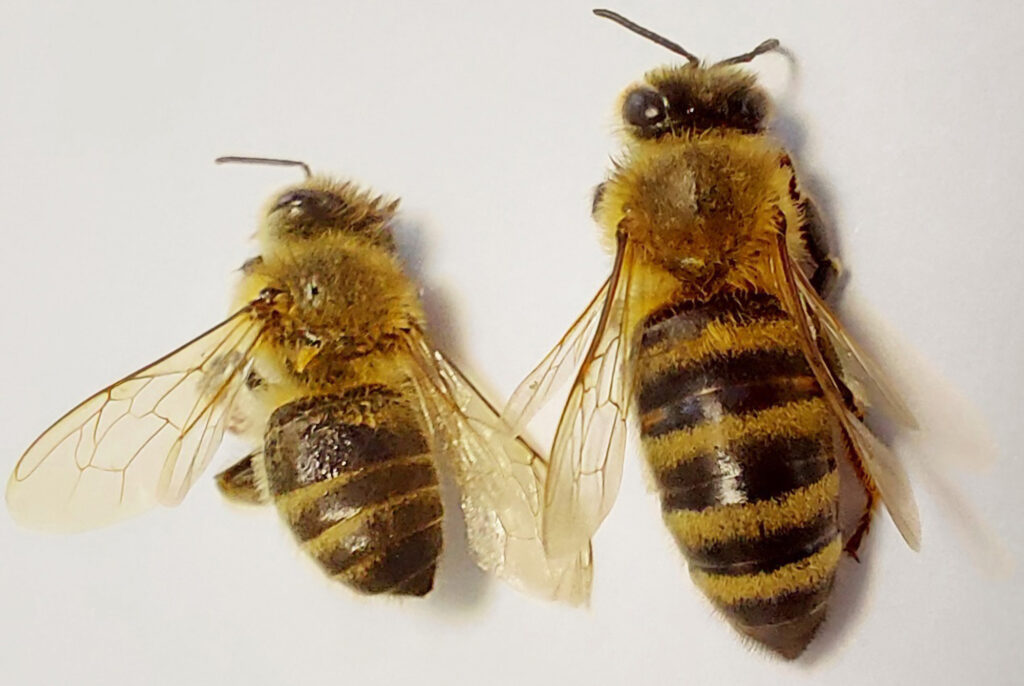
The Hungarian expert subsequently measured the weight of their heads and torsos and discovered significant weight gains, while worker bees tended to live longer thanks to the consumption of the protein-rich dough.
Asked to evaluate the current situation for honeybees in Central Europe, Miklos, who said that feeding dough containing 15 per cent proteins was found to be most efficient, warned: “The habitats of honeybees are shrinking. Construction projects and erratic weather conditions such as cold periods and too much rain are some of the main reasons.
“In Hungary, the bees are often too small which leads to health issues.“
Miklos explained he started to concentrate on protein mixtures as sugar, which is also used by apiarists, contained no vital substances.
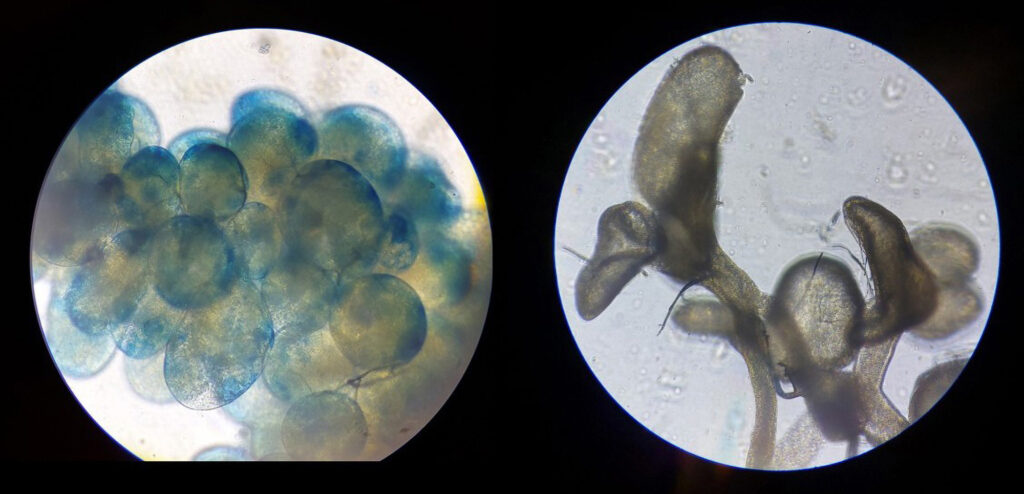
Bernhard Heuvel is the vice president of the German Union of Professional Beekeepers. He argued: “We must enable our bees to cope with diseases, parasites and periods of bad weather and a lack of food.
“However, we are unable to technically solve these issues. But we can provide support.”

